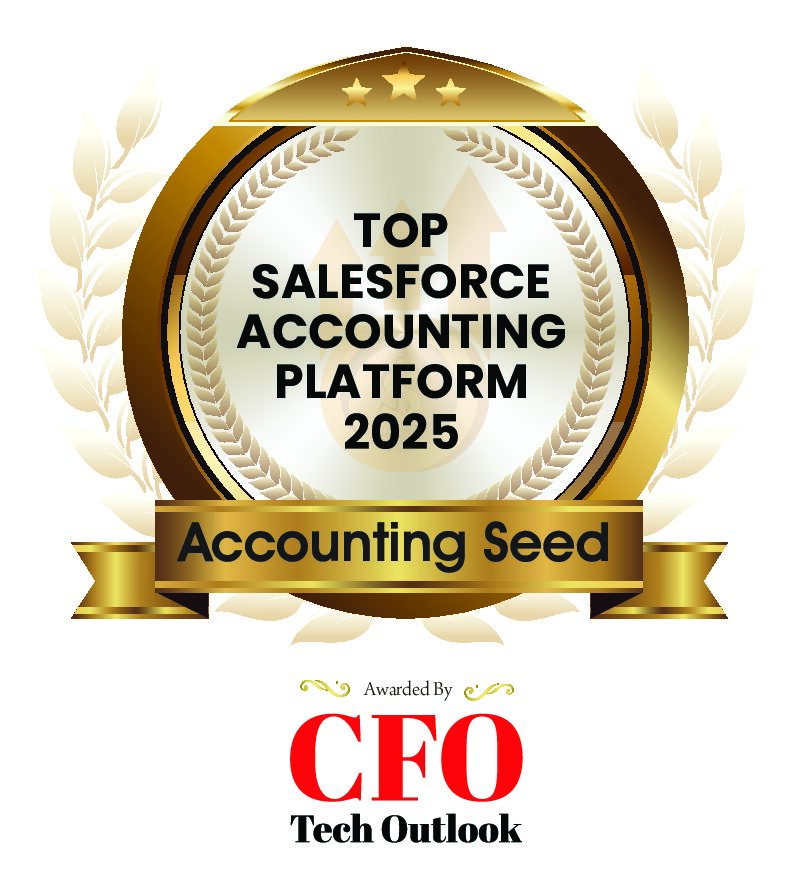
Let’s dive into the differences between bookkeeping vs accounting software to examine what you really need for the best financial management. Quite often, the terms bookkeeping and accounting are used interchangeably. But these are different concepts, reflected clearly in modern technology.
Bookkeeping vs Accounting
When you compare bookkeeping vs accounting, they both involve managing financial transactions and accounts. The difference lies in the scale and depth of these processes.
Bookkeeping is simply the recording and monitoring of financial transactions. These include sales transactions, purchases, receipts, and payments made by the company.
Accounting is more complex. Accounting refers to the documentation, interpretation, analysis, classification, and summarization of financial data.
So, while the two are related, they address two different aspects of financial management. Primarily, bookkeeping logs financial information and may involve rolling up the details, while accounting tracks the financial data, manages it, and then uses the data to enhance business. However, this divide has shifted substantially thanks to how they’re used in IT software. To learn more about accounting definitions and terms, check out our accounting vocabulary page.
Bookkeeping Software vs Accounting Software, What’s the Difference?
Bookkeeping software concentrates on the basic components of financial management. You’ll use a bookkeeping system like QuickBooks to document your finances and pay bills. But that’s mostly it. Bookkeeping software focuses on data entry and storage. This is what you use to log your revenue and pay expenses.
Accounting software performs all the functions of bookkeeping in addition to more analytical and actionable accounting functions like cash flow analysis and forecasting. Besides logging and processing debits and credits, accounting systems consolidate key data needed for more proactive financial strategies. What gives accounting software an edge is its proactive use of data.
What’s the Role of Data in a Business’ Financial Health?
One defining feature of both modern accounting and IT technology is data. The use of data even dictates the roles of both bookkeepers and accountants.
Bookkeepers don’t necessarily need an accounting degree or a financial background like an accountant or CPA. They just know proper financial data entry in order to record the transactions properly. This is more of a clerical role, which is still important because accuracy is critical for accounting and finances. However, bookkeeping ends at recording and updating information. This is where the accountant takes over.
Accountants can do bookkeeping work as well, but they are primarily an advisor. Today, the accountant is the curator of your financial data. Accountants take the financial transactions, account information, and other related financial data, and analyze how these details indicate business performance. They then use this financial data to help businesses make the best decisions for success. Accounting software helps accountants do this by capturing and presenting data in a way that helps identify trends and make accurate projections.
[So] Which is the Best Accounting Technology?
It’s pretty obvious that accounting software is better than bookkeeping software. Accounting software is designed to let you do more and visualize your financial health more clearly. You simply get more for what you pay for. Therefore, you should be looking to use or upgrade to a dedicated accounting app, right? Not necessarily.
Accounting applications, while more useful than bookkeeping software, still have several limitations. They can be rigid in how you use, assess, and process financial data or manage transactions. You’ll get the best value and use out of an accounting platform like Accounting Seed than you would a typical accounting app.
Bookkeeping and Accounting: Accounting Platforms
Essentially, an accounting platform combines the goals and functions of bookkeeping and accounting software, but that’s not all. This is because IT platforms are designed for individual organizations to build on top of them. Accounting and bookkeeping applications can be restrictive. They’re not very flexible in how users can work with their own requirements. This isn’t the case with accounting platforms.
Accounting platforms bring a full complement of financial features, the functionality to be adjusted, and an increased emphasis on data control. In summary, the choice is simple. Companies don’t need to choose between bookkeeping or accounting because accounting platforms bring a full-scale accounting solution that will continue to adapt to their needs.
See Accounting Seed in action
Get a close-up view of how accounting on Salesforce can eliminate the need for costly integrations—and silos of mismatched information—by sharing the same database as your CRM.



